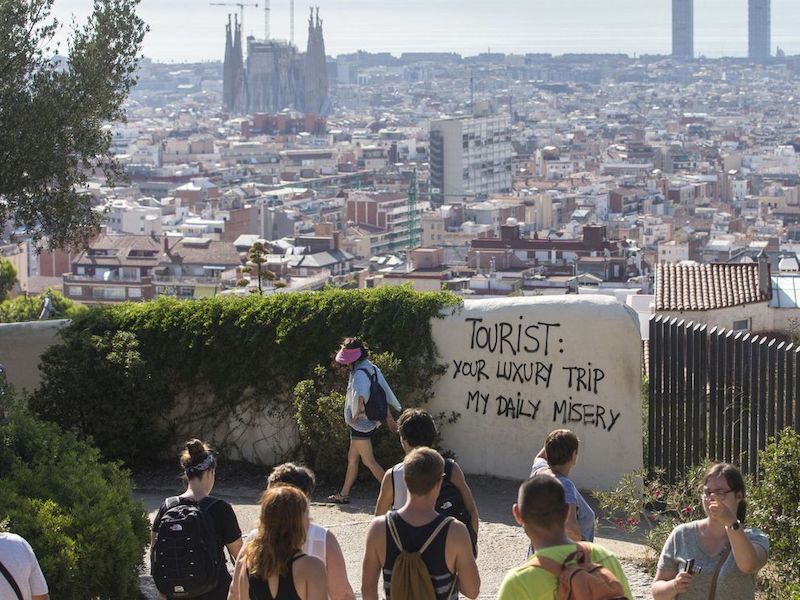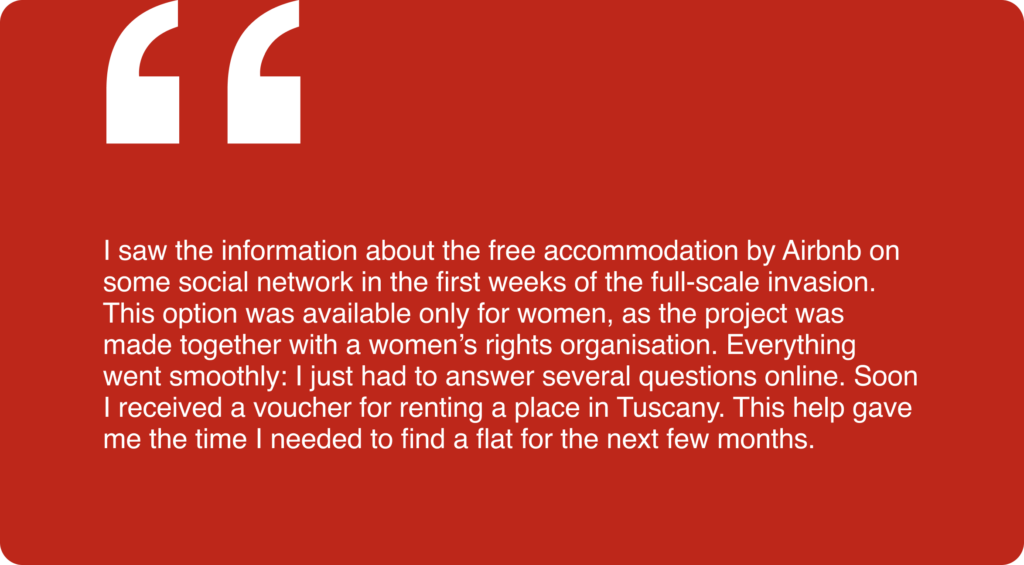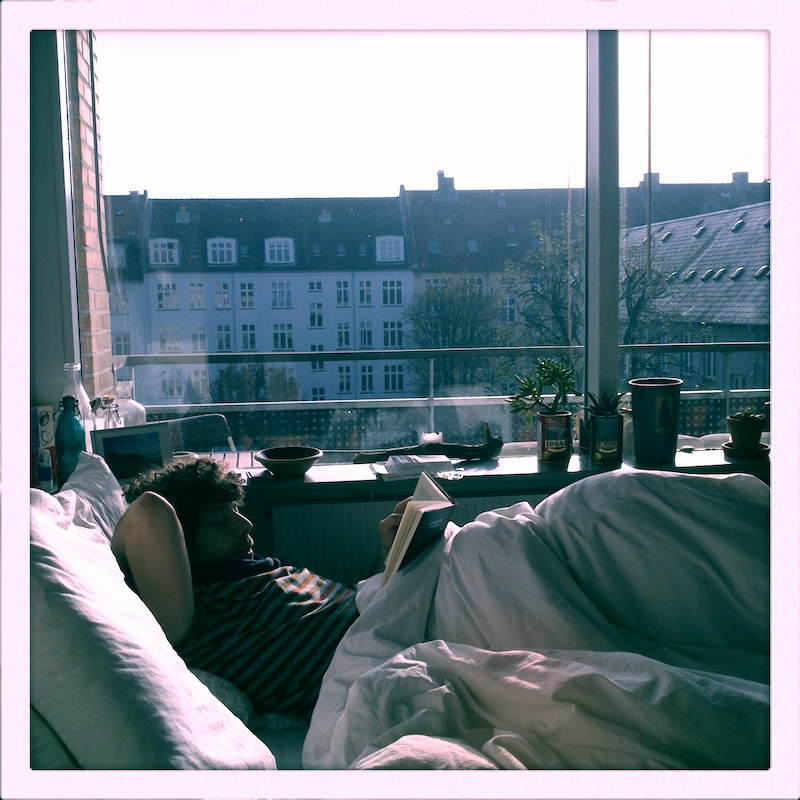Last week students all over Italy started a “tent protest” against high rents. Bologna is Italy’s university town par excellence: home to the oldest university in the world. Emily Clancy is the deputy mayor of Bologna.
How much does a room in Bologna cost for a student? Is there a housing emergency? Does it infringe on the right to study?
For a room, a student pays on average 400-450 euro per month, and sometimes hundreds more: even 800 euro. Such costs are unsustainable. Before the pandemic, the municipality received fewer than 2,000 applications for rent subsidies. This year, 11,000 have arrived.
I do not call it an “emergency” because I do expect structural answers. Housing is currently a priority for the city: Bologna must be attractive without marginalising or expelling the most vulnerable groups.
Already years ago, as a city councillor and leader of the left-wing movement ‘Civic Coalition’, you promoted a public debate on the impact of Airbnb. What is the role of this platform in the current rental crisis?
Its role is remarkable. Data tell us that the collapse of agreed rental contracts goes hand in hand with the increase in listings on the platforms for short tourist rentals: until 2016 in Bologna there were around 32,000 agreed rental contracts, today they are down to 26,000. In the same years, listings on Airbnb have risen from around 800 to over 4,000 today.
Now that you are in government in Bologna, which initiatives are you taking to tackle Airbnb and rentals? And what has Giorgia Meloni’s government done?
The sporadic resources that used to come for the rent subsidy have been completely cut by this government. We have presented a plan for the right to housing which is unparalleled in Bologna’s recent history: it contains a 200 million euro package with which we intend to finance many strategies, from creating a social renting agency to renovating our public housing stock and regenerating abandoned urban sites.
The aim is to convert unused places and to reshape them as a common good. We cannot regulate Airbnb directly, as Barcelona has done. So what we are doing is promoting a municipalist alliance with ten other cities like Milan and Naples, and exerting political pressure together for a national law to regulate such platforms.






